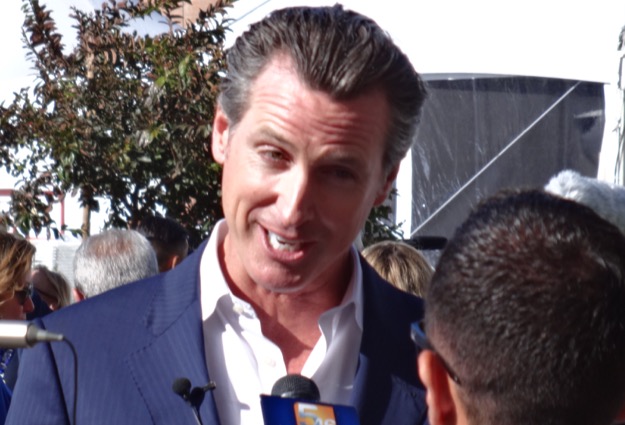Contract for the Web addresses virtues and vices of government intervention
contract for the web, monopoly, privacy, public policy, utility regulation
The “Contract for the Web” campaign published its manifesto last week, titled, naturally enough, Contract for the Web. It’s a declaration of nine principles, including “make the internet affordable and accessible to everyone”, “respect and protect people’s privacy and personal data to build online trust” and “develop technologies that support the best in humanity and challenge the worst”, which are among the tasks the contract assigns to private companies. Individuals are urged to “be creators and collaborators on the web”, “build strong communities that respect civil discourse and human dignity”, and “fight for the web”.… More

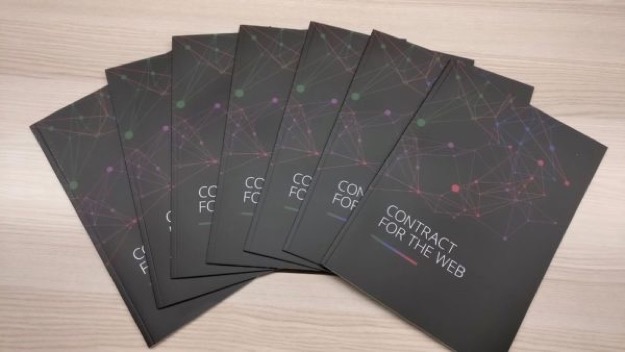

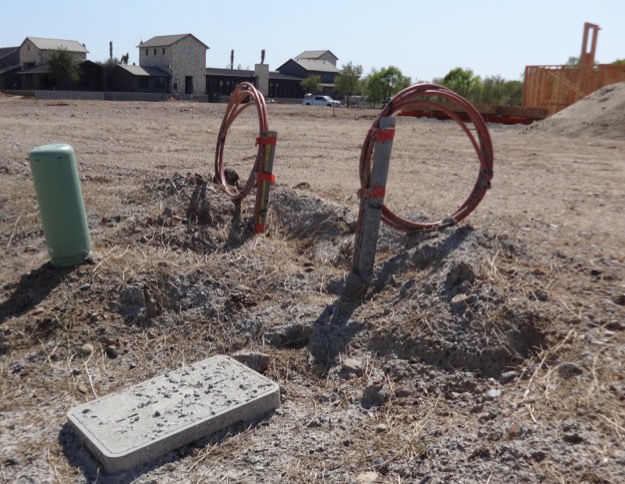
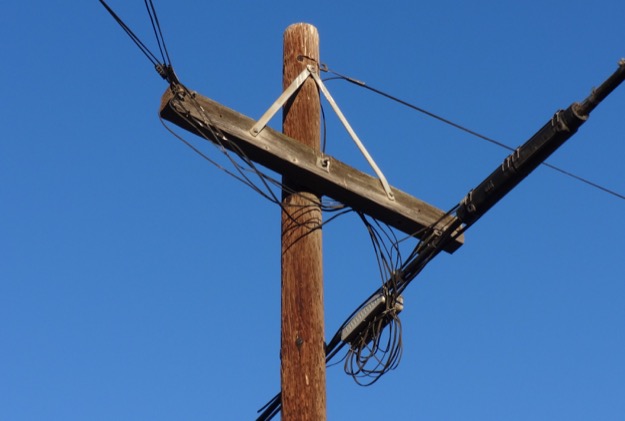
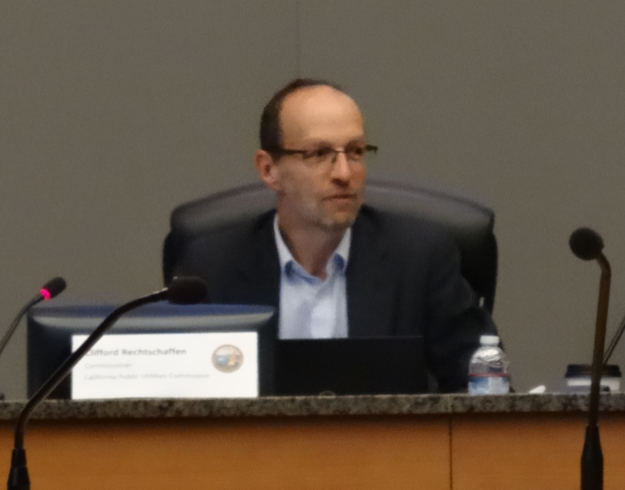

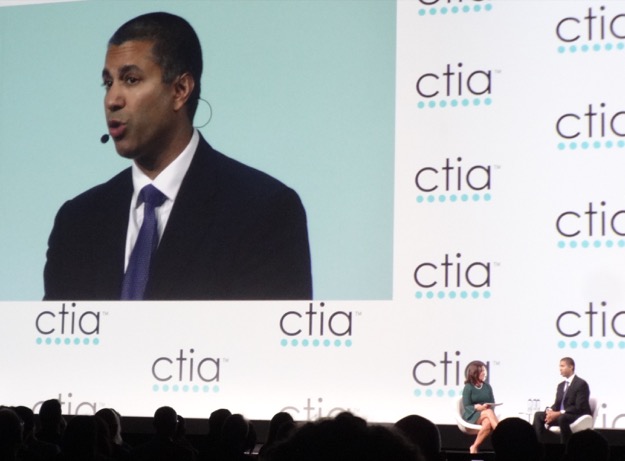
![Brocken Inaglory (cropped by User:NotFromUtrecht) [CC BY-SA 3.0 (https://creativecommons.org/licenses/by-sa/3.0)] Wipeout](https://www.tellusventure.com/images/2019/wipeout.jpg)
![Tom Murphy [CC BY-SA 3.0 (https://creativecommons.org/licenses/by-sa/3.0)] Gagged by privacy](https://www.tellusventure.com/images/2019/gagged_by_privacy.jpg)
